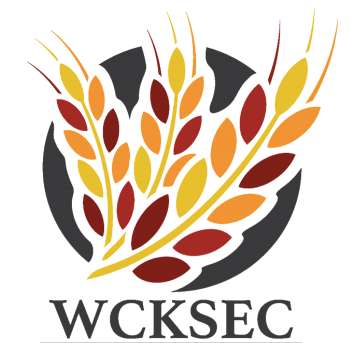By CRISTINA JANNEY
Hays Post
The West Central Kansas Special Education Cooperative will need an additional 10 percent in funding for operations next year.
Hays is the host district for the co-op, but the co-op also serves La Crosse, Ellis and Victoria.

Chris Hipp, co-op director, gave a report to the Hays school board on the co-op's finances Monday night.
The co-op is estimating a need for an additional $225,000 in assessments from the member districts.
Hays has the majority of students served by the co-op and would pay the bulk of the increase — $171,000. Ellis would pay $16,556. Victoria would pay $13,702 and La Crosse would pay $23,190.
The Hays school board will vote on the increase at its meeting in May. The boards in the other districts will also need to approve the increase.
The co-op will end this school year with about $7.8 million in expenditures.
About 15 percent of the co-op's budget comes from federal funds. State statute says the state will pay for 92 percent of the remaining cost of special education costs.
However, this has not happened for some time. The state is paying about 56 percent of the cost of special education for the WCKSEC budget.
This leaves local districts paying for the rest of the co-op's budget or about $2.4 million for the WCKSEC this school year.
Before the financial downturn prompted by the COVID-19 outbreak, districts across the state had hoped to lobby legislators to increase the percentage the state paid in special education funding.
However, revenue estimates from Topeka are now showing a state budget shortfall of more than $1 billion between now and June 2021.
The co-op estimates it will be down almost $400,000 in carry over at the end of this fiscal year, which will leave a reserve of about $1.1 million. This is equal to about two months of expenses for the co-op.
Continuous learning
Special education instruction has continued during continuous learning.
Kyle Carlin, assistant director of the co-op, said district staff had about two weeks to modify individual education plans for digital learning for 960 students.
"Nothing is going to work as well as in-person," Carlin said. "A lot of their focus right now has been on maintaining relationships, helping build up the skills of our students the best we can, but mostly trying to maintain the skills we have already achieved throughout this year."
Carlin will assume the role of co-op director in July. Melinda McDaniel of the STAR program was approved Monday night to take over the assistant special education director role in July.






